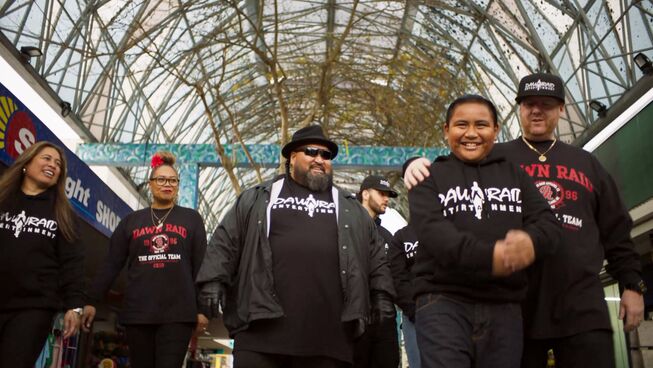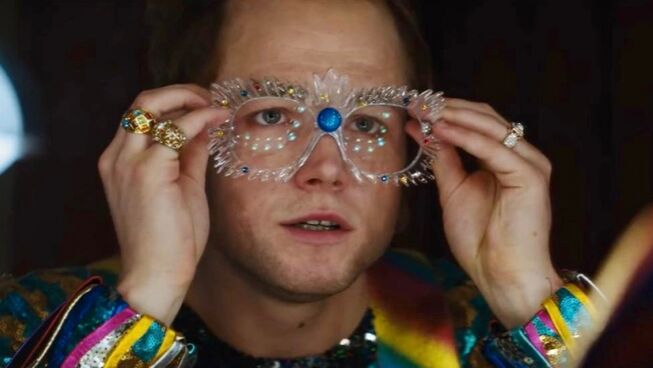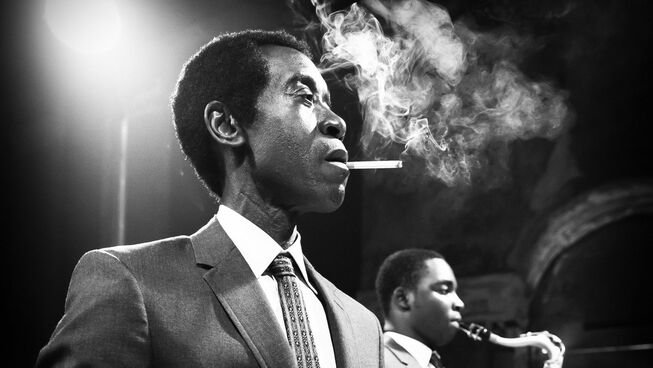
3 out of 5 stars
As they sat next to one another in a business class at Manukau Polytechnic, the formerly impoverished t-shirt vendors in South Auckland found a common bond. Andy Murnane came from an Irish background and Danny ‘Brotha D’ Leaosavaii was a Samoan bouncer. Still, despite their different backgrounds, they managed to launch the Dawn Raid Entertainment music label.
Both men had been in trouble with the law in their youth and were not academically strong. Andy had dropped out early and Brotha D had been expelled from two different schools. However, with Andy’s dad acting as their business mentor, the music label business partners forged a winning combination. This newly formed production house had the hopes and dreams to showcase the soul and rapping talents of their South Auckland brethren.
In a world dominated by the American market, they chose to take on the rap music status quo by eventually redefining it themselves. As the team experienced a mercurial rise to the top, the pair could not foresee all the challenges that would impact their lives. That they would face the rise, fall, rise again and eventual collapse of their pioneering music label.
For all of the world's history buffs, the duo took their name from events that occurred in New Zealand in the 1970s. The prime minister was Robert Muldoon, who came up with a plan to stop, detain and return immigrants from Polynesian countries who had over-stayed their three-month work visas. Police would enforce pre-dawn raid blitzes on locations where over-stayers were thought to be located.
By calling their music label, Dawn Raid, Murnane and Brotha D wanted to challenge the belief that Polynesians were responsible for a large proportion of the country’s crime problems. They managed to tap into their origins in South Auckland to highlight and showcase the immense talent that was prevalent in the ghettos.
Dawn Raid would represent some of New Zealand’s biggest hip-hop and R&B artists - including Savage, Mareko, Adeaze, Aaradhna, And Deceptikonz, Devolo and Ill Semantics. Through interviews and historical footage, the movie illustrates how the production house went from strength to strength as Brotha D sourced the talent and Andy Murnane negotiated the music deals.
The cracks started to form in their musical empire since they had limited business acumen and failed to complete the business class they met. The young entrepreneurs lost sight of their financial obligations. They continued to pay their employees, splurge on high-end music videos, talent publicity while blowing their newly-earned wealth on extravagant purchases. Despite lucrative sponsorship deals in the works, their biggest mistake was not recognising the impact of the growing music piracy wave and not pay their taxes. Each of these things led to their eventual downfall.
For better or worse, this film is laden with references to the New Zealand culture. Director Oscar Kightley has managed to effectively bring together vintage footage, music videos and interviews with the musical groups to create a compelling documentary. As the story progresses, the viewer will grow to like the Dawn Raid founders' larrikinism and drive. Their desire to climb out of abject poverty from which they came and rise to the top of the music scene is inspirational. However, despite their altruistic intentions to help and showcase others, it proved too tricky for musical entrepreneurs to manage the label’s success.
REEL DIALOGUE: Would life be better if we did not have trials?
Dawn Raid shows that something new can be born out of great struggles. It is in the greatest depths that we can find some of the greatest songs in music history.
Throughout our life on this earth, we strive to find comfort and seek after the least painful means of living. From pain medication to air-conditioning, being in the western world can be relatively pain-free, but is this the true ideal?
Looking back at history, mankind continues to prove that trials can bring out the best in us. Few people seek out difficulties in their lives because they come without having to look for them. When confronted by these challenges, personal development and testimonies generally show what individuals have within themselves.
This is evident in biblical history, also. Each book of the Old Testament and the New Testament shows that life’s tribulations provided actual growth for past people. These lessons can be a gift for us today. This is epitomised in the life and times of Jesus, whose painful end brought forward the answer for all of our difficulties.
And after you have suffered a little while, the God of all grace, who has called you to his eternal glory in Christ, will himself restore, confirm, strengthen, and establish you. 1 Peter 5:10






